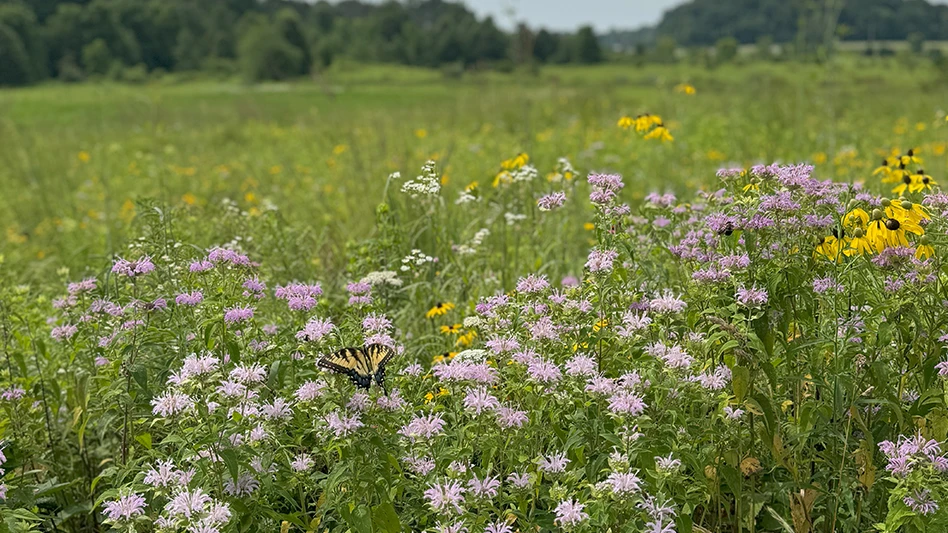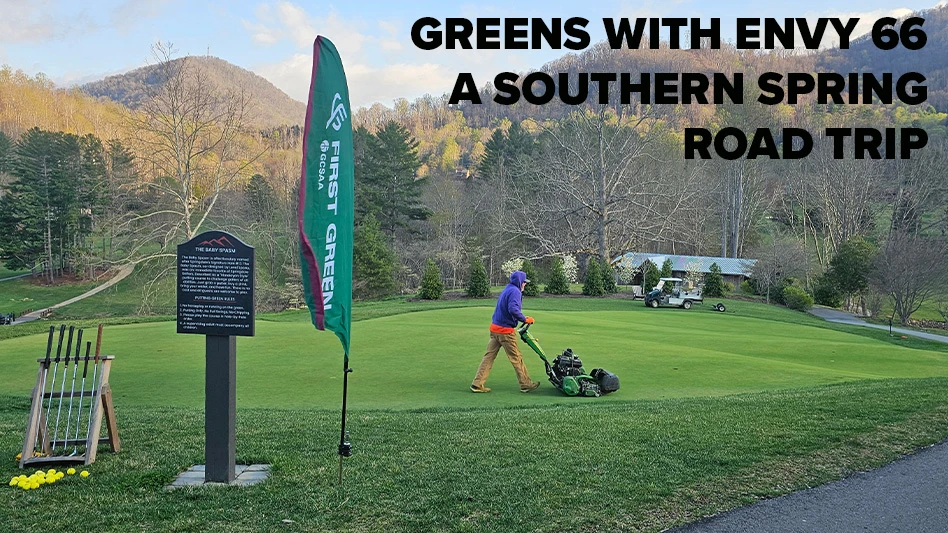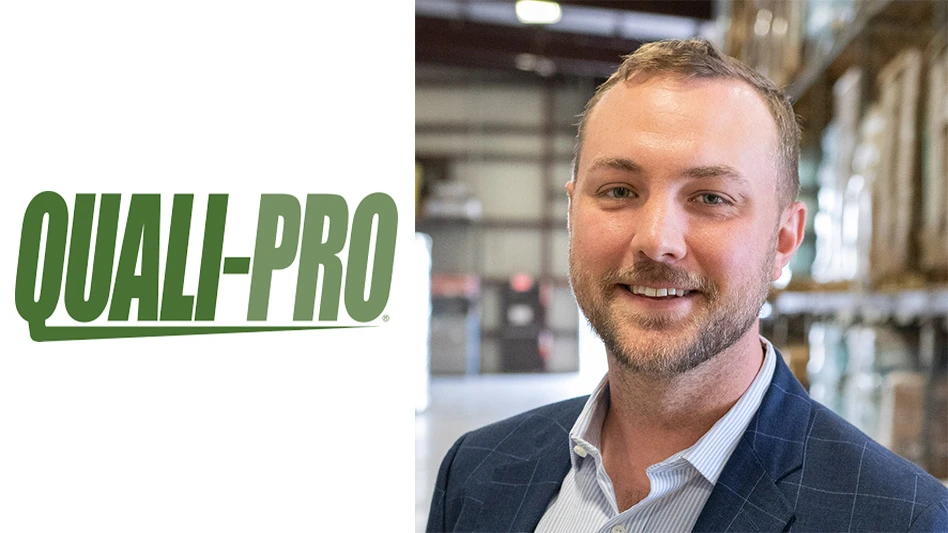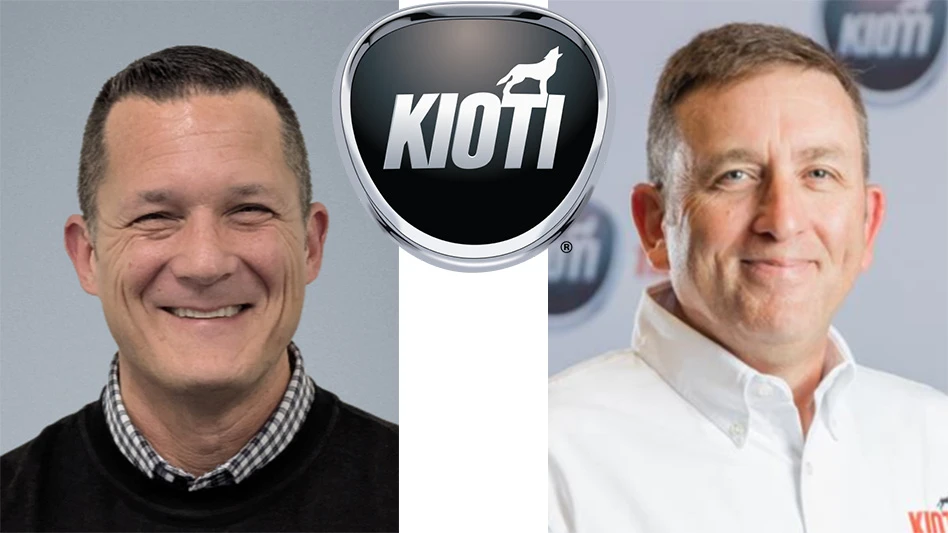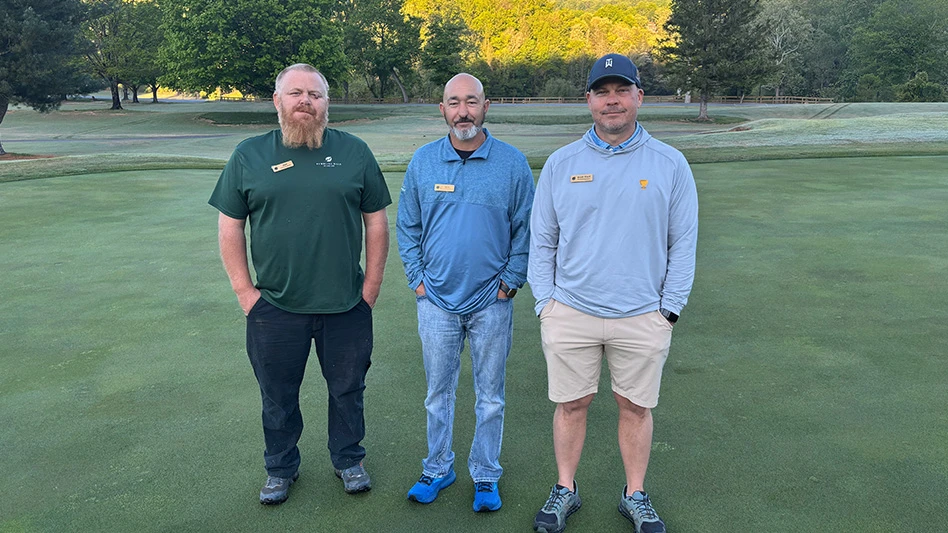
Courtesy of Trent Bouts
Superintendent Brent Ward recently put his entire crew on notice at the Bald Mountain course at Rumbling Bald Resort near Lake Lure in the North Carolina mountains. Before this summer reached its peak, everybody worked toward becoming CPR certified. And if, by spreading that news a little, maybe another superintendent or several is inspired to follow suit, well, that wouldn’t be bad thing either.
Anything that better equips anyone to deal with an emergency like Ward encountered back in February is a good thing. After all, it saved the life of one of his crew members.
Ward and his equipment technician, Matt Arrowood, were just back on property after picking up parts when a call came through from foreman, Steve Ledford. “He said, ‘Brent, Tommy has just fallen over out here, and he is turning blue,’” Ward recalls.
Tommy, 53, was someone Ward had known since the early 2000s and who worked for him for more than a decade over two separate stints in that time. This day, Tommy was part of a small team Ward had sent to take care of some detail work near No. 11 green.
“Me and Matt hopped in the truck and started driving out there,” Ward says. “I told Matt to call 911, get them on the phone and get some somebody on the way. When we got out there, Tommy was unresponsive. I told Steve to go get a defibrillator and we started doing CPR.”
Though his certification was expired, Ward had CPR training. Arrowood was a former EMS worker. All of that was critical and helped them remain composed in the minutes before Ledford returned with the machine. Ward kept the 911 operator on the phone while he and Arrowood took turns pumping Tommy’s chest. Minutes seemed like hours before Ledford returned.
“We hooked it up and we had to shock him twice,” Ward says. “Luckily, the EMS people got there and took over. We’d been doing CPR for 12 minutes and were worn out. They got him hooked up to a chest compression machine and all that. It was unlike anything I’d ever gone through, and I don’t want to go through it again.”
Within 15 minutes, a helicopter descended and soon had Tommy on his way to emergency care in Asheville.
“It happened around 1:15 on a Monday afternoon. We normally leave at 3 p.m. and by the time everything happened, and they had taken him, it was about time to go,” Ward says. “We talked about it a little, said a prayer for him and just hoped and prayed that everything was going to be OK.”
The sense of fear and dread was all the greater because Tommy’s brother also works at Rumbling Bald.
The next day, Ward says, “Everybody was shook up about it. It was definitely on everbody’s mind. They put him in an induced coma. He was in bad shape. But by the grace of God, he was still alive. We definitely threw up a lot of prayers for him.”
Tommy would spend nine weeks in hospital and undergo intensive therapy and rehabilitation. When Ward visited early on, Tommy was unable to speak because doctors had performed a tracheotomy, and the breathing tube was still in place. “So, we communicated using a white board as best we could,” Ward says.
Today, Tommy is home and ambulatory, with the help of a cane. The relief for Ward and his crew is profound.
“Without those defibrillators to shock him back in, he’d have been dead there’s no doubt in my mind. And that’s what the EMS folks said,” Ward says. “So, after that happened, Rumbling Bald actually ordered three more defibrillators to have on property.
“That’s the thing about it, every golf course probably needs a defibrillator, at least in the pro shop, at least one where everyone knows where they can go to grab it. You never know when a golfer or an employee, or whoever, is going to need it.
Ward points out that today’s defibrillators, which generally run in the $1,000 to $2,000 range, have the capacity to literally talk users through their operation. CPR training is certainly helpful but even people with no expertise can be potential lifesavers if they follow the voice prompts.
“It speaks to you. It shows you where to place the pads, tells you when to take your hands off and counts down the time to shock,” Ward says. “It walks you right through it. A 10-year-old could probably do it. And it’s definitely a lifesaving tool, one that I’m glad we’ve got here.”
Ward says he is proud of the way his team responded in the heat of the moment and in the days afterwards. “We have a small crew so everybody’s pretty close knit,” he says. “And it took everybody to kind of think clearly and do what had to be done. No one was panicking. Even the pro shop was quick to halt play and stop golfers from going to the back nine.”
Tommy is still some way from a return to work, but Ward is grateful that it is even a possibility.
“I was glad that he made it just because, you know, I hate that green they were working on,” he laughs. “It’s my trouble green because it’s surrounded by houses and trees, and we have to baby it all the time. That would have given even me more reason to hate the damn thing!”
Trent Bouts is a Greer, South Carolina-based writer and frequent Golf Course Industry contributor.
Latest from Golf Course Industry
- Graze, Invited partner for autonomous mowing launch at Gleneagles CC
- New grasses up north?
- From the publisher’s pen: Technology diffusion and turf
- Applications open for 2025 Syngenta Business Institute
- Smart Greens Episode 1: Welcome to the digital agronomy era
- PBI-Gordon promotes Jeff Marvin
- USGA investing $1 million into Western Pennsylvania public golf
- KemperSports taps new strategy EVP

